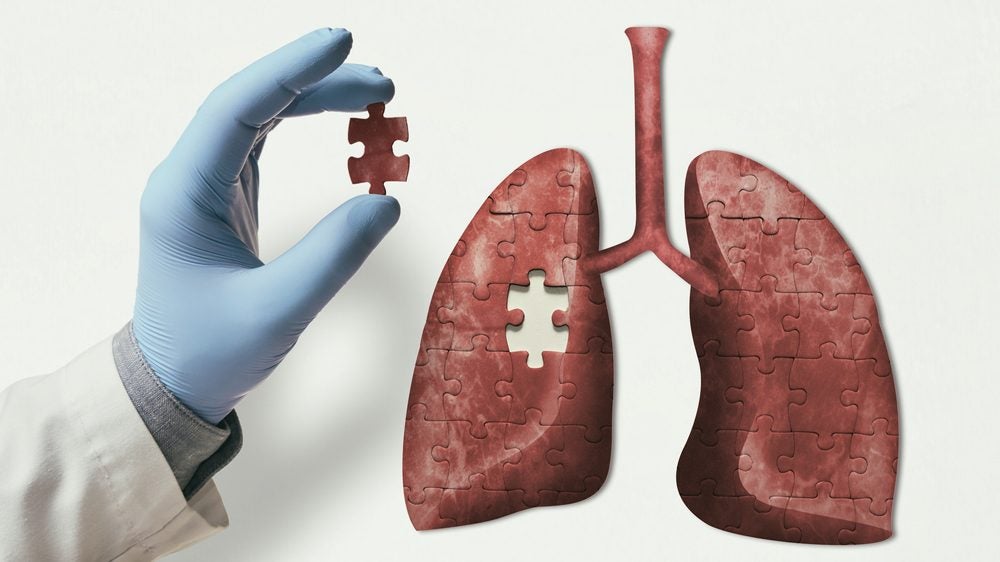
Insilico Medicine, a Hong Kong-based pharma company revealed that the first medicine ever created by artificial intelligence has entered Phase 2 clinical trials and that the first dose was successfully given to a patient. It is being studied to treat idiopathic pulmonary fibrosis (IPF), a rare, progressive form of chronic lung disease. The medication is currently known as INS018_055. Participants with IPF diagnoses will participate in the 12-week experiment.
“This drug, which will be given orally, will undergo the same rigorous testing to ensure its effectiveness and safety, like traditionally discovered drugs, but the process of its discovery and design is incredibly new,” said Insilico Medicine’s CEO Alex Zhavoronkov, PhD, in a statement to Fox News Digital. “However, with the latest advances in artificial intelligence, it was developed much faster than traditional drugs.”
For any new drug, there are four steps, explained Zhavoronkov, who is based in Dubai. “First, scientists have to find a ‘target,’ a biological mechanism that is driving the disease, usually because it is not functioning as intended,” he said. “Second, they need to create a new drug for that target, similar to a puzzle piece, that would block the progression of the disease without harming the patient.” The third step is to conduct studies — first in animals, then in clinical trials in healthy human volunteers, and finally in patients.
If those tests show positive results, the drug reaches its final step — approval by the regulatory agencies for use as a treatment for that disease
“If those tests show positive results in helping patients, the drug reaches its fourth and final step — approval by the regulatory agencies for use as a treatment for that disease,” said Zhavoronkov. He explained that under the conventional method, researchers search public health databases and scientific literature for pathways or genes associated with diseases in order to identify targets. “AI allows us to analyze massive quantities of data and find connections that human scientists might miss, and then ‘imagine’ entirely new molecules that can be turned into drugs,” Zhavoronkov said.
In this instance, Insilico used AI to both find a novel IPF target and then create a novel chemical that could interact with that target. The company analyses scientific data from clinical trials and public databases using a programme called PandaOmics to find disease-causing targets. Once the target had been identified, researchers entered it into Chemistry42, another tool from Insilico that use generative artificial intelligence to create new molecules.
“Essentially, our scientists provided Chemistry42 with the specific characteristics they were looking for and the system generated a series of possible molecules, ranked based on their likelihood of success,” Zhavoronkov said. The chosen molecule, INS018_055, is so named because it was the 55th molecule in the series and showed the most promising activity, he said.
“Our initial studies have indicated that INS018_055 has the potential to address some of the limitations of current therapies”
Pirfenidone and nintedanib are the current treatments for idiopathic pulmonary fibrosis. Zhavoronkov added that although these medications might offer some respite or lessen the severity of symptoms, they do not undo the harm or stop the progression. They also have unfavourable side effects, chief among them being nausea, diarrhoea, weight loss, and appetite loss.
“There are very few options for people with this terrible condition, and the prognosis is poor — most will die within two to five years of diagnosis,” Zhavoronkov explained. “Our initial studies have indicated that INS018_055 has the potential to address some of the limitations of current therapies.” The Insilico team is hopeful the data from this newly launched clinical trial will confirm the drug’s safety and effectiveness. “If our Phase IIa study is successful, the drug will then go to Phase IIb with a larger cohort of participants,” said Hong Kong-based Sujata Rao, M.D., Insilico’s chief medical officer, in a statement to Fox News Digital.
Determining whether there is a meaningful response to the medicine will be the main goal of Phase IIb, according to Rao. Before the FDA can approve the medicine as a new treatment for individuals with that illness, he said, “The drug will then continue to be evaluated in a much larger group of patients — typically hundreds — in Phase III studies to confirm the safety and effectiveness.” Rao said that one of the main difficulties with conducting trials is finding participants, especially for a rare condition like idiopathic pulmonary fibrosis.
“Patients need to fulfil certain criteria in order to be considered for trial enrollment,” he noted. Despite the challenges, Rao said the research team is optimistic that this drug will be ready to go to market — and reach the patients who may benefit from it — in the next few years.
